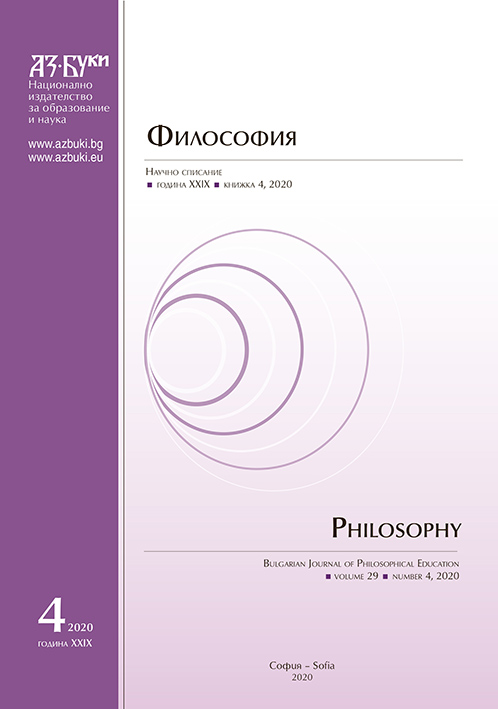Discourses’ Transformation of World Religions and Gender Inequality at the End of the XX – Beginning of the XXI Centuries
Discourses’ Transformation of World Religions and Gender Inequality at the End of the XX – Beginning of the XXI Centuries
Author(s): Roman Oleksenko, Karina OleksenkoSubject(s): Anthropology, Philosophy, Social Sciences, Gender Studies, Education, History of Philosophy, Philosophical Traditions, Ethics / Practical Philosophy, Social Philosophy, Special Branches of Philosophy, Sociology, Contemporary Philosophy, Philosophy of Religion, Culture and social structure , Vocational Education, Phenomenology
Published by: Национално издателство за образование и наука „Аз-буки“
Keywords: nature; spirituality; theology; gender order; ideology; culture
Summary/Abstract: Purpose. Explore the sociocultural reasons for the transformation of discourses of religion and gender in modern political systems. Theoretical basis. In philosophy, as in other sciences, the feminist direction emerged and took shape within the framework of liberalism as an emancipation project with the main goal of political equality. Although this path - unlike the radically separatist - is modernist, it, like a thousand years ago, forms a stable opposition with the essentialist attitudes of world religions. Within the framework of the social constructivist methodology, gender is defined as the cause and result of the interactions of power and inequality of women. As gender discourses change, systems change, but world religions today reproduce inequality, supporting traditional gender systems. Scientific novelty. At the beginning of the XXI century. Gender is less and less a component of unchanging identity and more and more a product of interactions with other people, social institutions and social structures. Thus, gender is a constantly created property of situational interaction, and not a role or a sign. The concept of gender in theology opens up a huge field for interpretation, showing a slight tendency to change, and is still identified with the transcendental and supernatural as masculine and natural and physical as feminine. Findings. The causes of gender inequality are difficult to comprehend for a strictly rational reflection environment. Women's inequality cannot be fully reduced to a system of norms and laws. Theology associated with early Christian teachings shows particular stability in the interpretation of women as “invisible” and apolitical, taking advantage of the Old Testament ideas about the nature of women, while also offering no explanation for the “invisibility” of women in their purely private sphere.
Journal: Философия
- Issue Year: 29/2020
- Issue No: 4
- Page Range: 367-372
- Page Count: 6
- Language: English
- Content File-PDF

